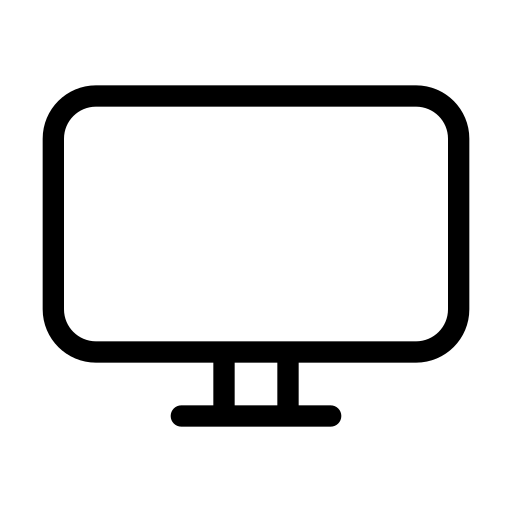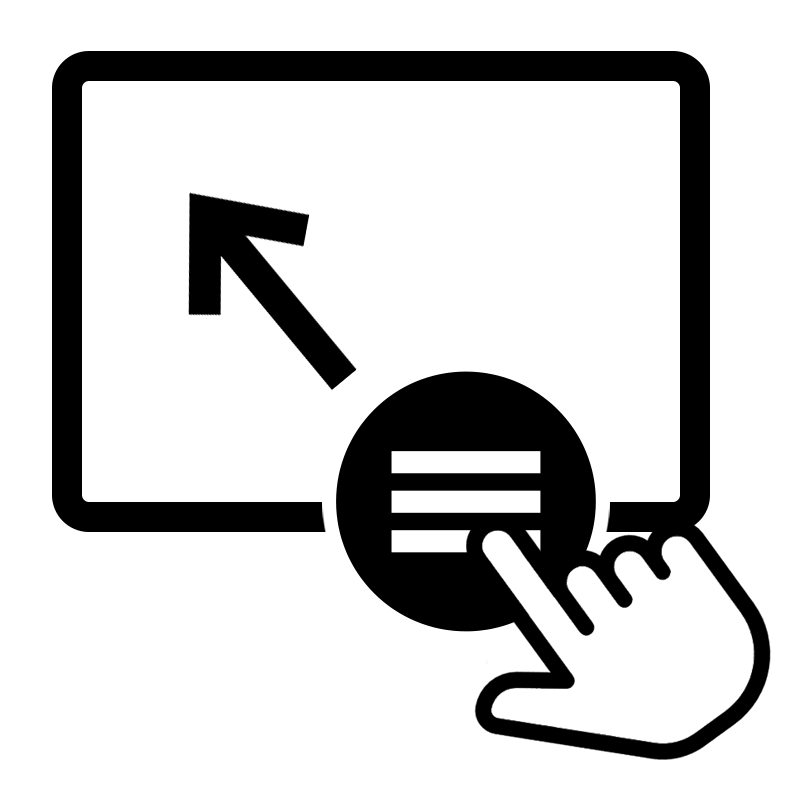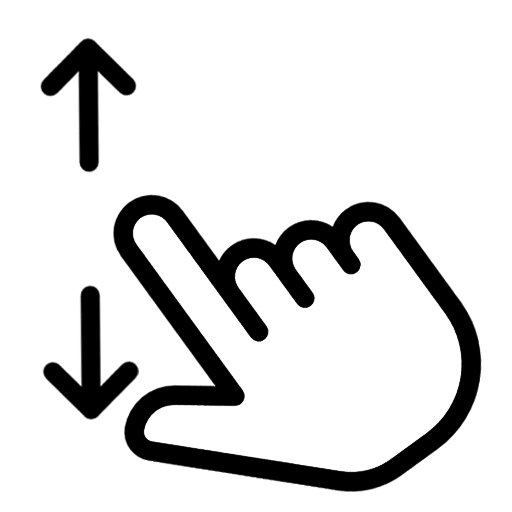This Exhibition aims to provide information and awareness to young people on the events that had transpired during the Martial Law period (1972-81). It hopes to create a platform to reintroduce and debate on the values of human rights and democracy through looking at the stories and lessons from Martial Law and from the first EDSA People Power Revolt.
For this purpose, the Center for Youth Advocacy and Networking, with support from the Friedrich Ebert Stiftung—Philippine Office, has gathered young academics and historians, artists, and leaders to brainstorm, develop, deepen and visualize, in order to communicate with their peers. The product of these exercises are 4 academic essays which serve as main references; a 19-panel exhibition divided into four main groups: (1) democracy and dictatorship; (2) human rights; (3) timeline; and (4) FAQs/Myths. While the panels are self-explanatory, an exhibition guide is provided to provide further details and deeper discussions.
The Exhibition invites young people to a time warp, 40 years ago, in 1972 when Martial law was declared, or even earlier in 1965 when Ferdinand Marcos was first elected President and more recent and more familiar is the EDSA People Power in 1986, 25 years ago. These two events mark the darkest post war event in our history and the testament to the greatness of a people united. The Exhibition provides young people with tidbits of information, perhaps an appetizer to wanting more
To get the best out of the exhibit, we recommend for the visitors to browse all the panels. The online tour will take at least 1-2 hour/s to finish. However, if you wish to only get a particular information, you can go directly to the topic you want to learn about.
CYAN envisions a society that recognizes the youth sector as stakeholders in providing for an enabling environment for active citizenship, alternative politics, progressive reforms and dynamic involvement in social development work.
In attaining its vision, CYAN strives to: optimize youth activism through innovative programs and approaches; sustain and expand partnership among youth organization that effectively empowers the youth; sustain sectoral advocacy for a developmental youth reform agenda and progressive democratic roles in the society.
CYAN’s organizational life is imbued with these values: social inclusion and participation, equality and partnership, commitment to serve and empower, intelligent and innovative activism and authentic humanization.
Thus, Building an Alternative Youth Institute is a constant reminder for CYAN to lead and act together with the youth for the youth, broaden our horizons to make a difference, disrupt the system and change it.
The work of the Friedrich-Ebert-Stiftung in the Philippines started in 1964. Its focus is on the promotion of democracy and the strengthening of social and ecological dimensions of economic development through education, research, political dialogue, and international cooperation. The FES Philippine Office cooperates with national and local government institutions, trade unions, political and social movements, non-government organizations, media practitioners and groups, scientific institutions, individual experts, and other international organizations.
The programs and projects of the FES Philippine Office gives special focus on:
For a better experience, view the exhibit on desktop.

Tap on the hamburger icon on the lower right corner to pull up the menu and audio narration.

Simply scroll up and down to navigate through the exhibit
(don’t swipe right or left)

